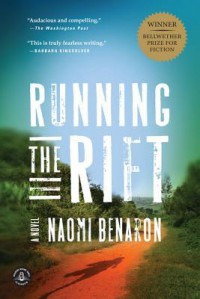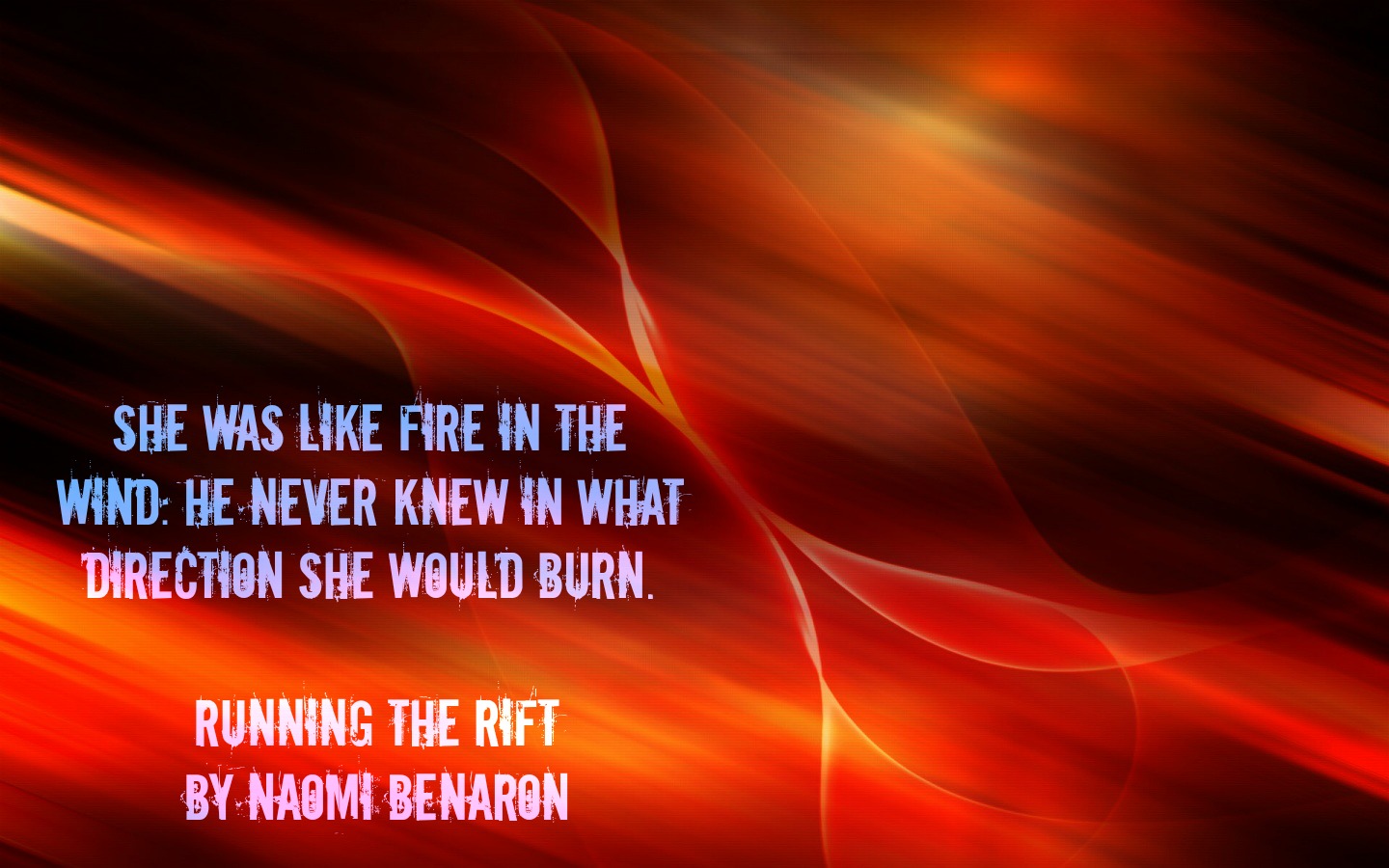

Running the Rift follows the progress of Jean Patrick Nkuba from the day he knows that running will be his life to the moment he must run to save his life. A naturally gifted athlete, he sprints over the thousand hills of Rwanda and dreams of becoming his country’s first Olympic medal winner in track. But Jean Patrick is a Tutsi in a world that has become increasingly restrictive and violent for his people. As tensions mount between the Hutu and Tutsi, he holds fast to his dream that running might deliver him, and his people, from the brutality around them.
Amazon.com
Jean Patrick Nkuba is a Rwandan boy who loves the sensation of running and dreams of one day becoming an Olympic track medalist in the Atlanta Games. Jean's love of running is initiated by his older brother, Roger. While Roger ran as part of his training for the local football team, Jean ran with him; initially for the sake of companionship, but soon it became clear that Jean Patrick had a true gift for speed.
After Jean Patrick's father, a local teacher, is murdered, Jean's mother feels unprotected. There is much to fear, as this Tutsi family tries their best to survive in an increasingly Hutu world. The family (Jean Patrick, his mother and sibilings) move in with Jean Patrick's aunt and uncle, hoping to find safety in numbers.
When an Olympic track runner visits Jean Patrick's school, an inspired Jean redoubles his motivation to make his goal. Soon enough, he's earned a running scholarship to a nearby boarding school, but once there is told he should try out for football as there's little to no real future in pursuing running. Undeterred, Jean Patrick sticks to his dream. As he grows up, there's still threat to his life for being Tutsi -- at one point he even has his foot broken and face badly beaten in a scuffle -- but that dream of those multi-colored rings just never entirely dies out. Not even when brother Roger reveals he's decided to join the Rebels, a sort of "if you can't beat them, join them" mentality behind the decision, inspired by the murder of his fiance and her family.
As time passes, it becomes more and more evident to Jean Patrick that regardless of the love he has for his family, he must strive for a bigger and better future than what his hometown has to offer. He feels driven to be a voice of hope and inspiration for his country. Jean's coach offers him an opportunity to attend the National University of Rwanda, but under the guise of being a card carrying Hutu student. Tempted by the opportunity but concerned at what acceptance will mean for his family, Jean Patrick nervously hashes it out with his uncle. Much to Jean's surprise, his uncle is super supportive, telling him that if it opens doors for him down the road he should definitely go for it.
During his college years, Jean meets a young Hutu woman, Bea, who teaches him that even the Hutu people have much to fear, that everyone could use a good hero, a nice heartwarming story in these times. The more time Jean Patrick spends around Bea, the more he seems to draw strength from her quiet, steady support of him and his dreams.
With a twinge of guilt, Jean Patrick realized he had not given a thought to his family. His mind was too much taken up by a woman with a pagne of planets and suns and the scent of sweet tea
on her skin.
As the political climate in Rwanda escalates -- politicians getting caught up in shady deals to protect US oil rights on foreign soil, mostly -- Jean Patrick finally gets the call he's been waiting for but at the price of having to once again make a tough choice. Countries that once offered support to Rwanda are now backing away, stating that unless the country shows more progress in honoring human rights, they will pull their endorsements / financial support. As a sort of damage control to the situation, Jean Patrick is asked to run in the games as a Tutsi, the Rwandan government's way of saying, "See? No hard feelings, right?!"

Through Jean Patrick's journey, this novel quietly has the reader consider, how far would you be willing to go to achieve your dreams? What would you be willing to risk? Could you stare down death? Risk the respect or even the lives of family? How badly do you want that dream? It also illustrates that on the way to accomplishing those dreams and goals, sometimes the most unlikely candidates will be in your corner to help carry you over the toughest hills.
"I will tell you a secret. Sometimes it is all I can do to go from one footstep to the next, but for each such moment, I make myself remember how it feels to win."
~ track medalist Telesphore Dusabe giving a pep talk
to young Jean Patrick
It's a tough but important story to take in. The reader is pulled into Jean's reality of riots, protests, lynchings, murders, and government corruption. In one such instance of corruption I particularly liked the line of one character saying,"You're asking a lion to investigate a calf-killing." The American characters are not portrayed in the best light, which was a tough pill to swallow as the reader, being that I am NOT like the stereotypical loud, uneducated, foot-in-mouth variety worked into this novel, but I do know that kind of American most definitely exists and sadly gets overseas to embarrass the rest of us, so until the day I can get over there and start fixing the misconceptions, I just have to grin and bear it I guess. I still say there are important lessons to be found in Jean Patrick's journey and it was a trip I was happy to take this Olympic season. :-)









